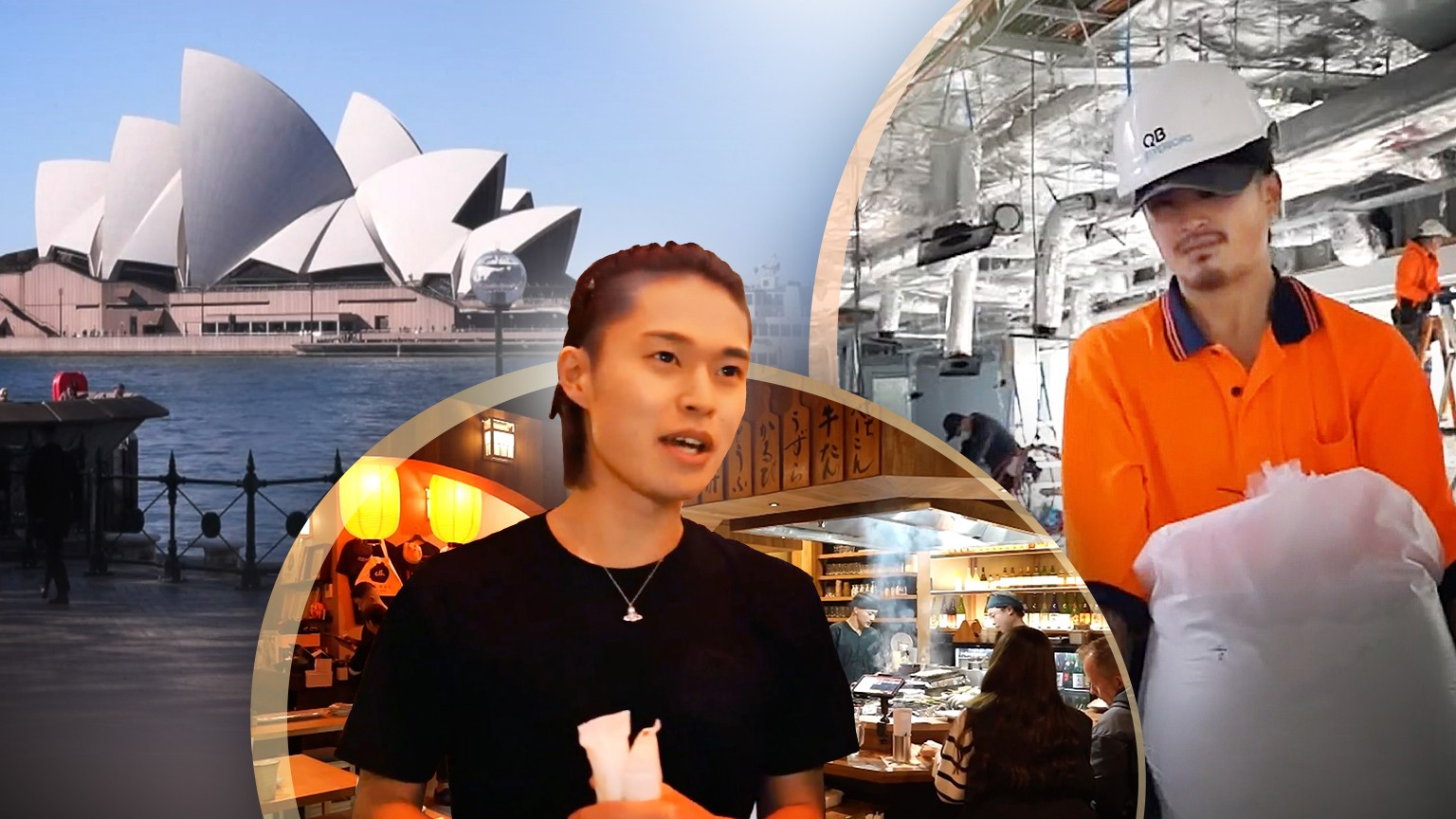The Australian government issued more than 14,000 working-holiday visas to Japanese citizens in the 12 months through June 2023. But the number is expected to top that during the current period, as 12,000 visas were issued during the nine months to March.
One reason for Australia's popularity is the high pay. From July, the minimum hourly wage will rise by 3.75 percent to over 24 Australian dollars, about 16 US dollars. That is two-and-a-half times Japan's nationwide average.
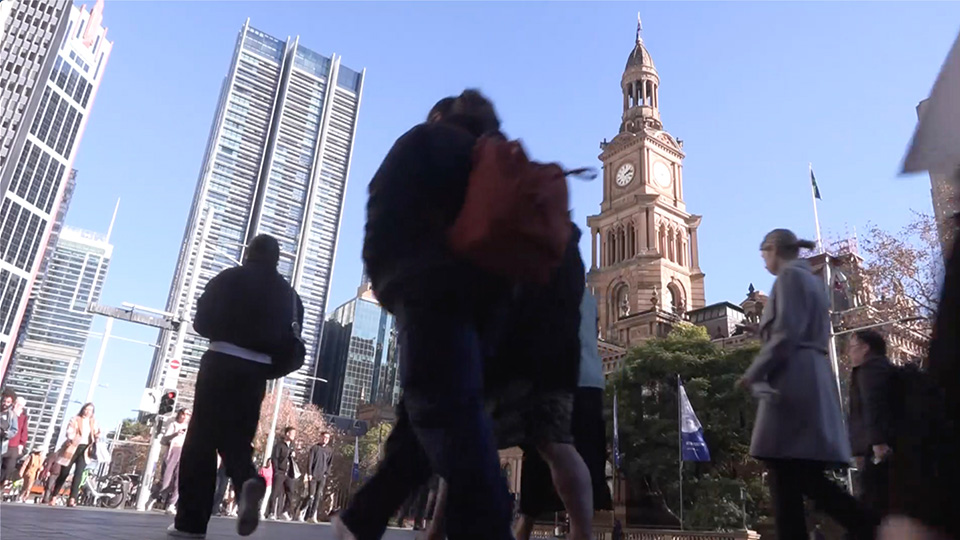
What is the working holiday program?
Working holiday programs are based on agreements between Japan and other partner governments.
The Japanese government explains the primary purpose as allowing visitors to be on holiday while engaging in employment for the purpose of supplementing their travel funds.
Japan's first working holiday arrangement was with Australia beginning in 1980. It now has such agreements with 30 partners, including the UK, New Zealand, Canada and South Korea.
English-speaking countries are especially popular with participants.
The period of stay and type of work allowed vary from place to place. Some set limits on the number of people accepted.
Australia limits the period of stay to one year in principle, but allows participants to do any type of work. If they engage in specific jobs, such as agriculture, for certain periods of time, they can extend their stay to up to three years.
The program helps Australia make up for a shortage of labor. The government has abolished a rule forbidding people from working for the same employer for more than six months in the fields of food and beverage services and medical care. Both have been struggling to find workers.
Making the most of a working holiday in Australia
Kyotaro is a Japanese person on a working holiday in Australia. He says he thoroughly enjoys the benefits of working in the country due to the high wages and the yen's recent weakness.
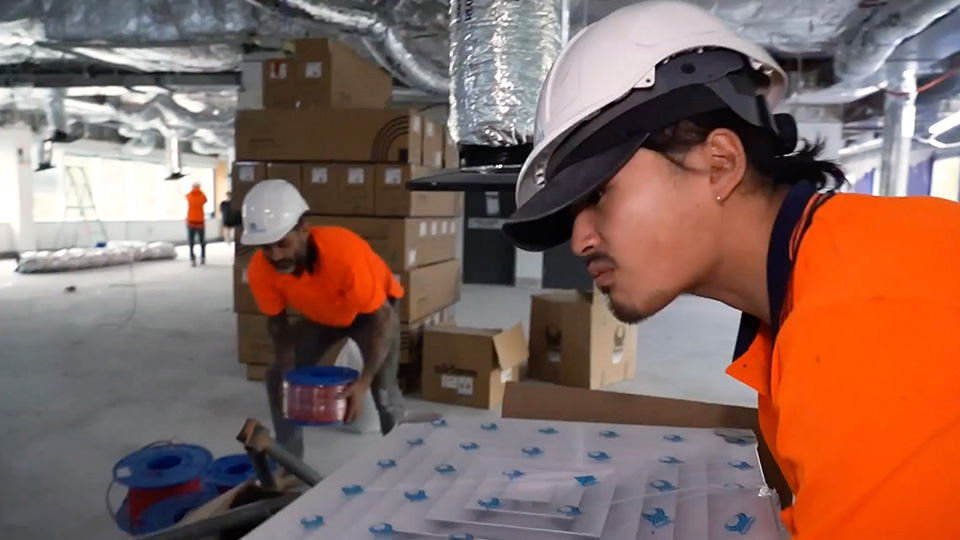
The 25-year-old stays in Sydney, and his work involves tearing down buildings. Working on construction sites requires a license in Australia. But such work is said to be popular among people on working holiday programs because they can obtain permission after only a one-day training course.
Kyotaro says his hourly wage is 35 Australian dollars, or about 23 US dollars. He says he works five or six days a week and earns up to about US$4,500 a month. Even after deducting living expenses, he can save more than US$3,000.
Kyotaro used to work as a beautician in Japan, and hopes to open his own salon there in the future.
He says he is glad he came to Sydney, since it is difficult to save so much money in Japan.
Tough competition for good jobs
On the other hand, some people are having trouble getting the jobs they want. The increasing number of Japanese young people has led to a flood of applications for popular jobs, such as those at restaurants in urban areas.
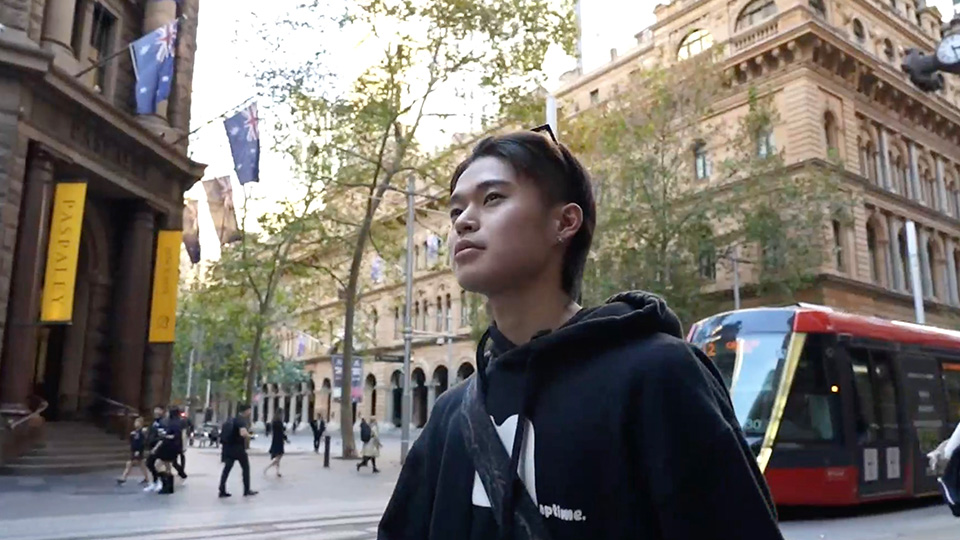
Twenty-year-old Endo Natsuki took a year off from university in Kyoto and has been in Sydney since March.
He wants to work at a cafe, and sends his resume directly to stores. He sometimes visits more than 10 places a day. But he has not had even one positive response so far.
He had no choice but to start working part-time at a yakitori restaurant. But there are around 30 other young Japanese workers there, so he can only work a few days a week. Most of his income goes to rent.
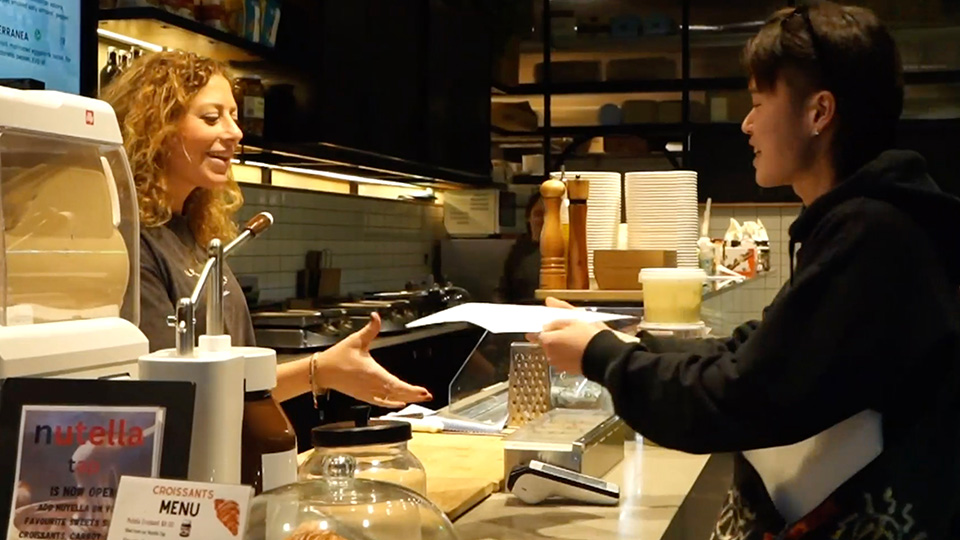
One of the things that brought him to Australia was the attractive wages. But he is disappointed, saying that once he pays for rent and food, he doesn't have anything left.
Expert cautions that not all jobs pay well
Oishi Nana, associate professor at the University of Melbourne, points out that some jobs pay well, but others do not.
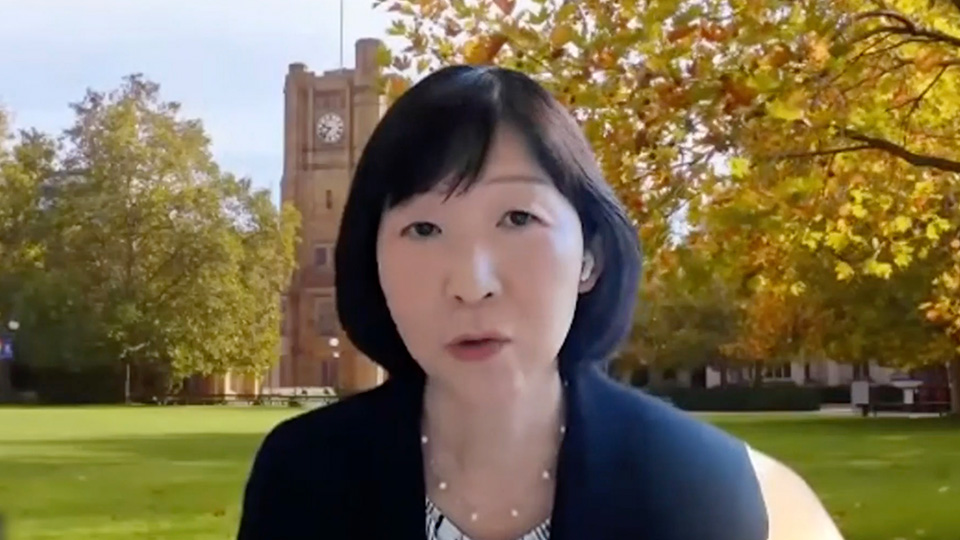
She says people can expect to earn more in jobs in Australia in fields such as medical care or construction, especially if the employer is a hospital or a large company. However, she says there have been cases with people being paid less than minimum wage, for harvest work at farms, for example, and service work at restaurants.
She also says some people on working holiday have no one to consult because they can't speak English well. Therefore, she advises applicants to the program that it is important to prepare properly, such as adequately learning the language before traveling, and building a network or people they can rely on by going to language school.
